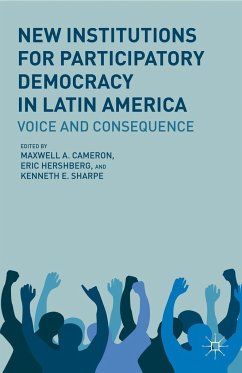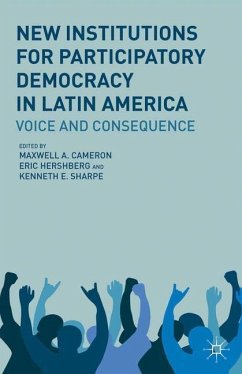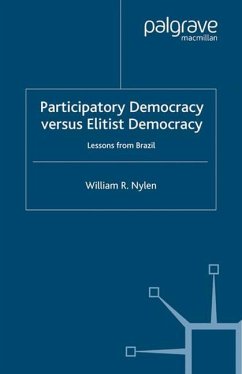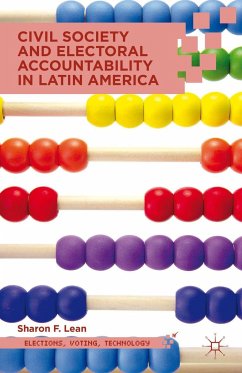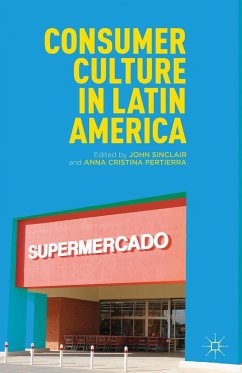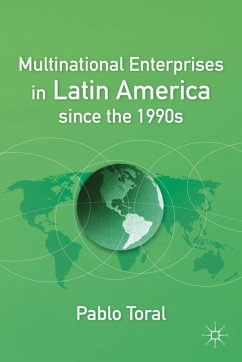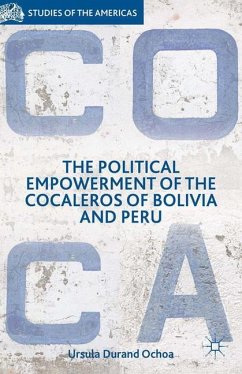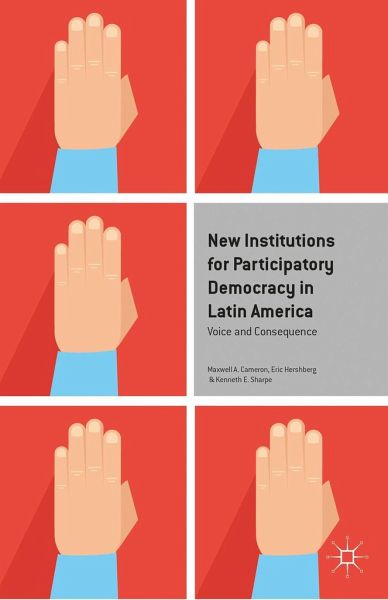
New Institutions for Participatory Democracy in Latin America
Voice and Consequence
Herausgegeben: Cameron, M.; Hershberg, E.; Sharpe, Kenneth E.

PAYBACK Punkte
19 °P sammeln!
This volume describes and analyzes the proliferation of new mechanisms for participation in Latin American democracies and considers the relationship between direct participation and the consolidation of representative institutions based on more traditional electoral conceptions of democracy.





